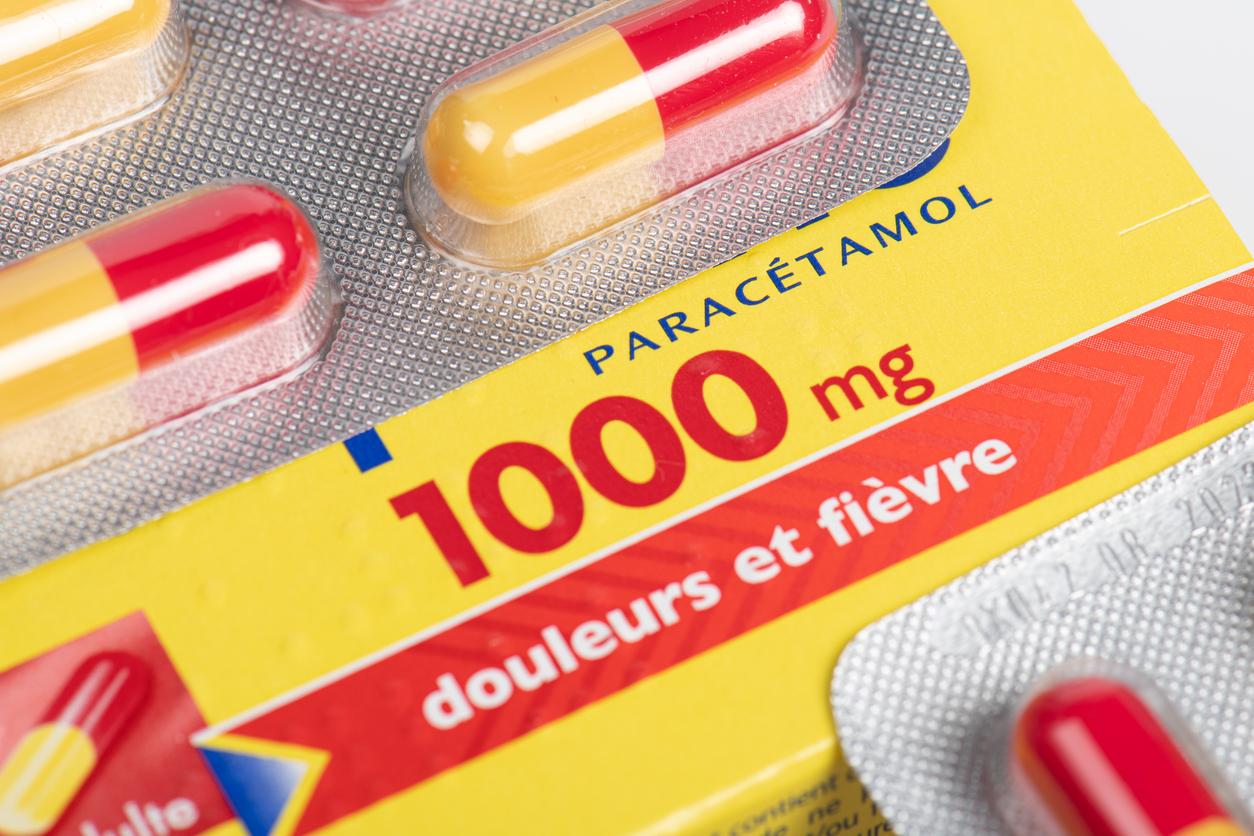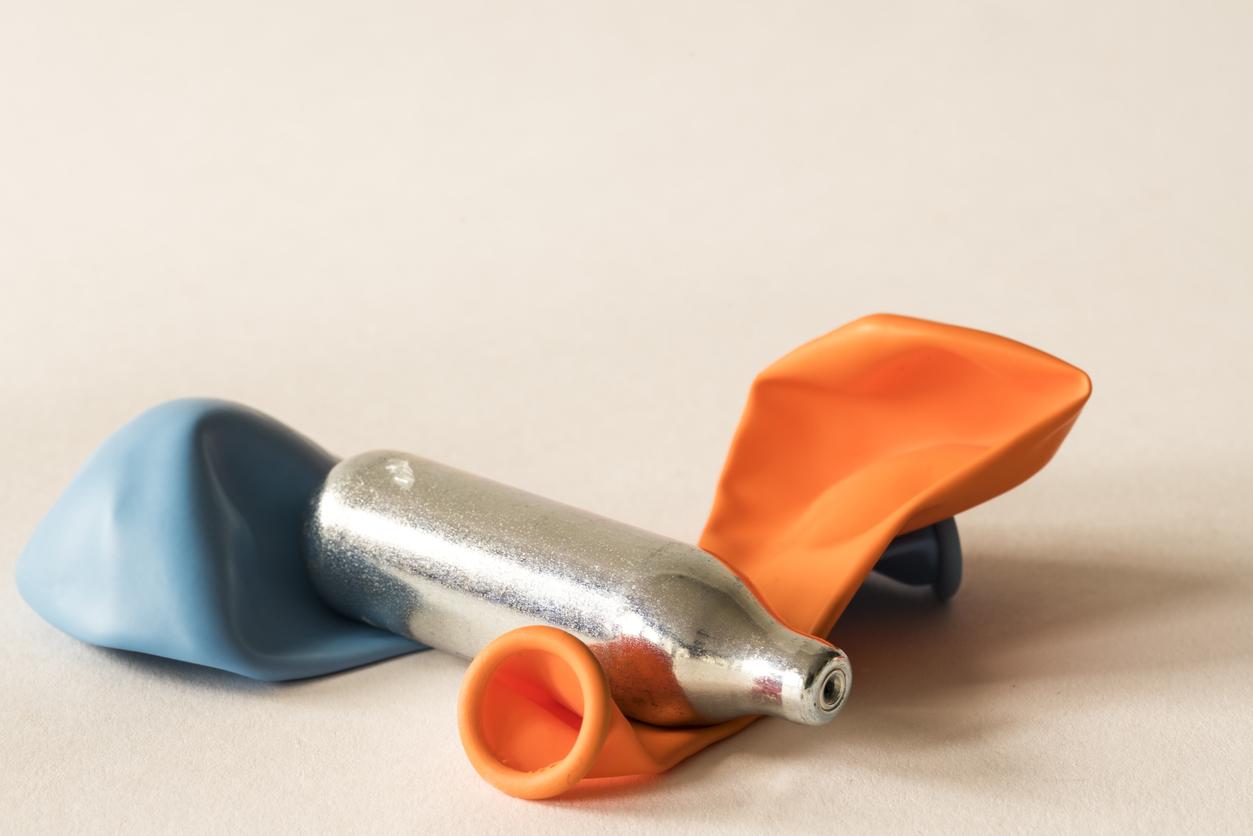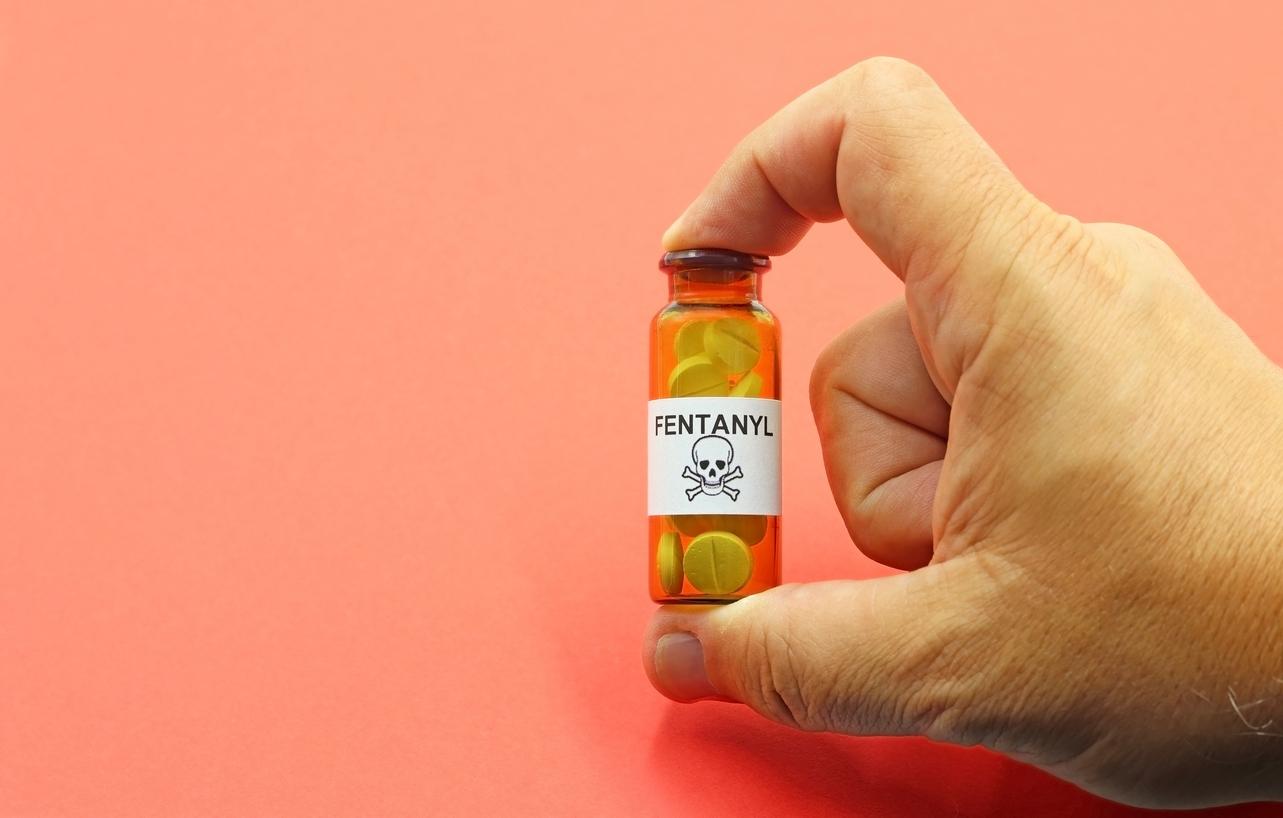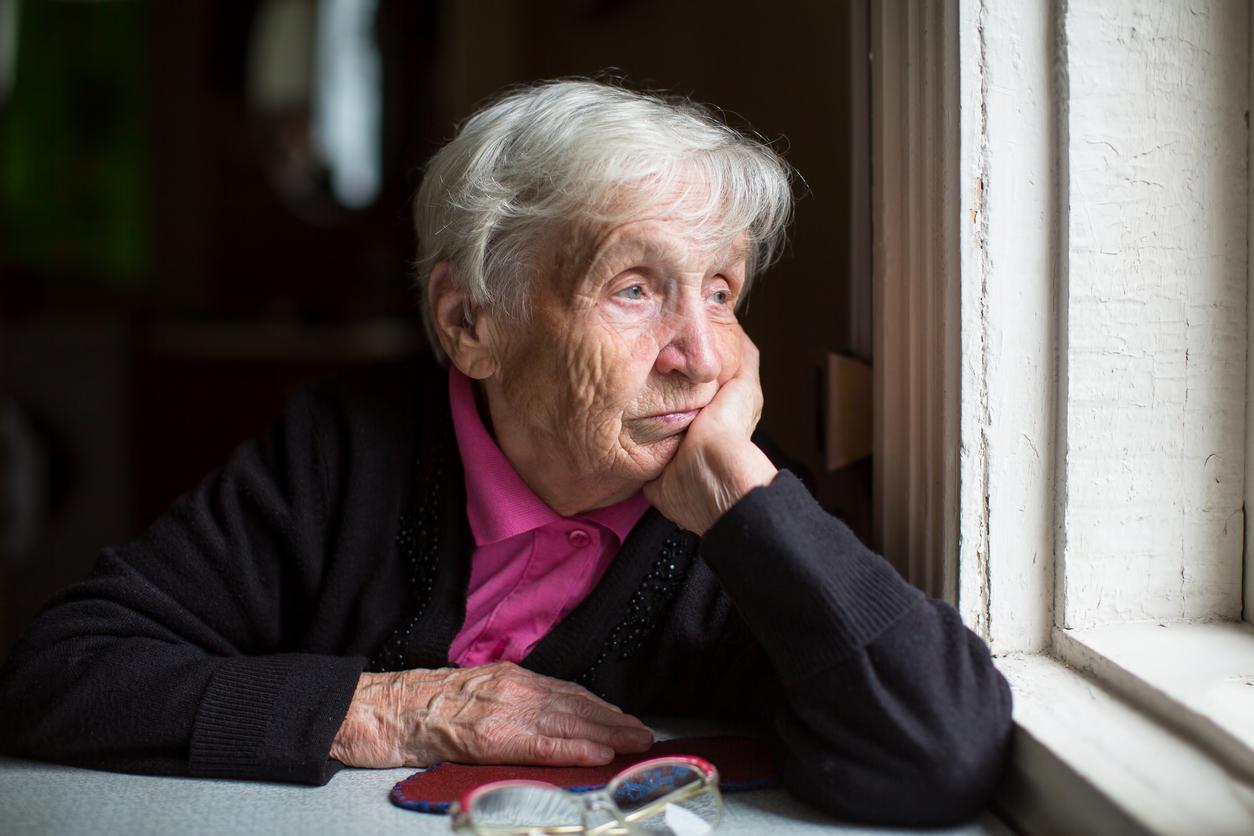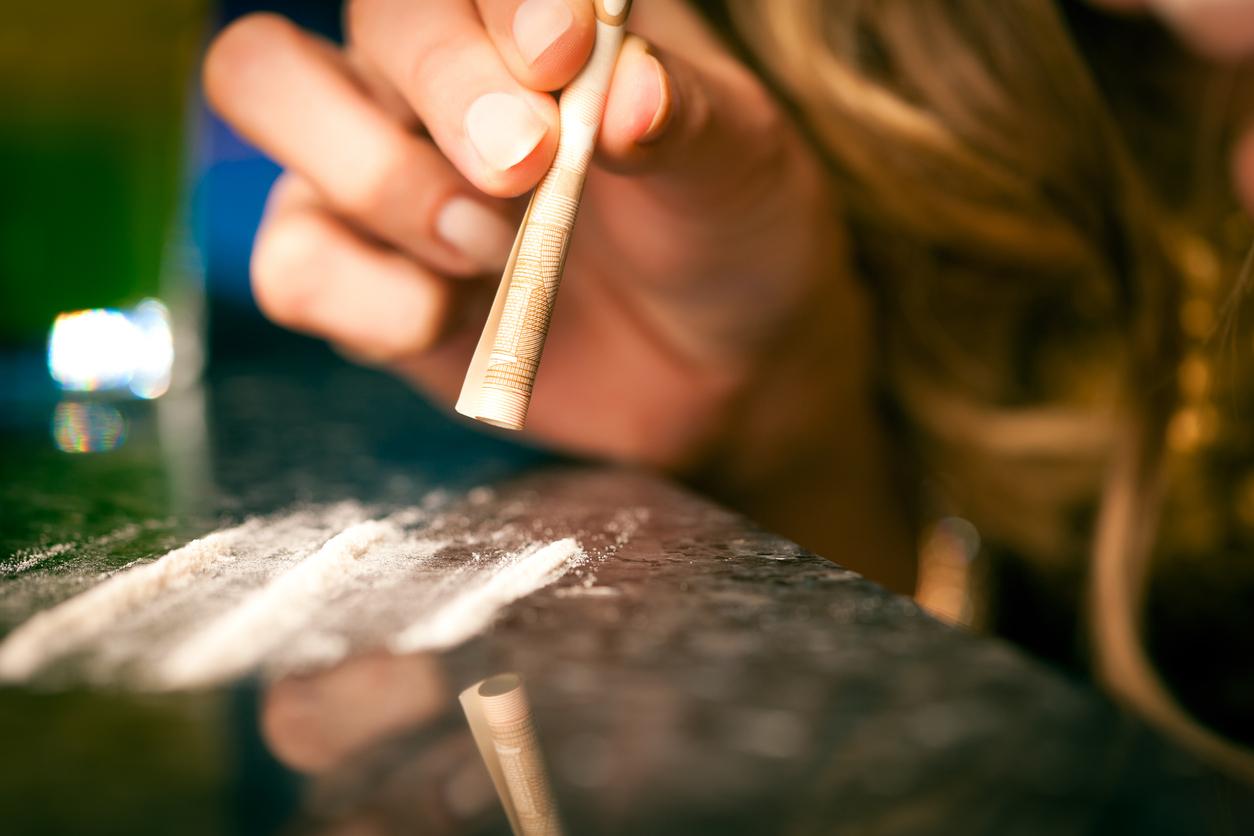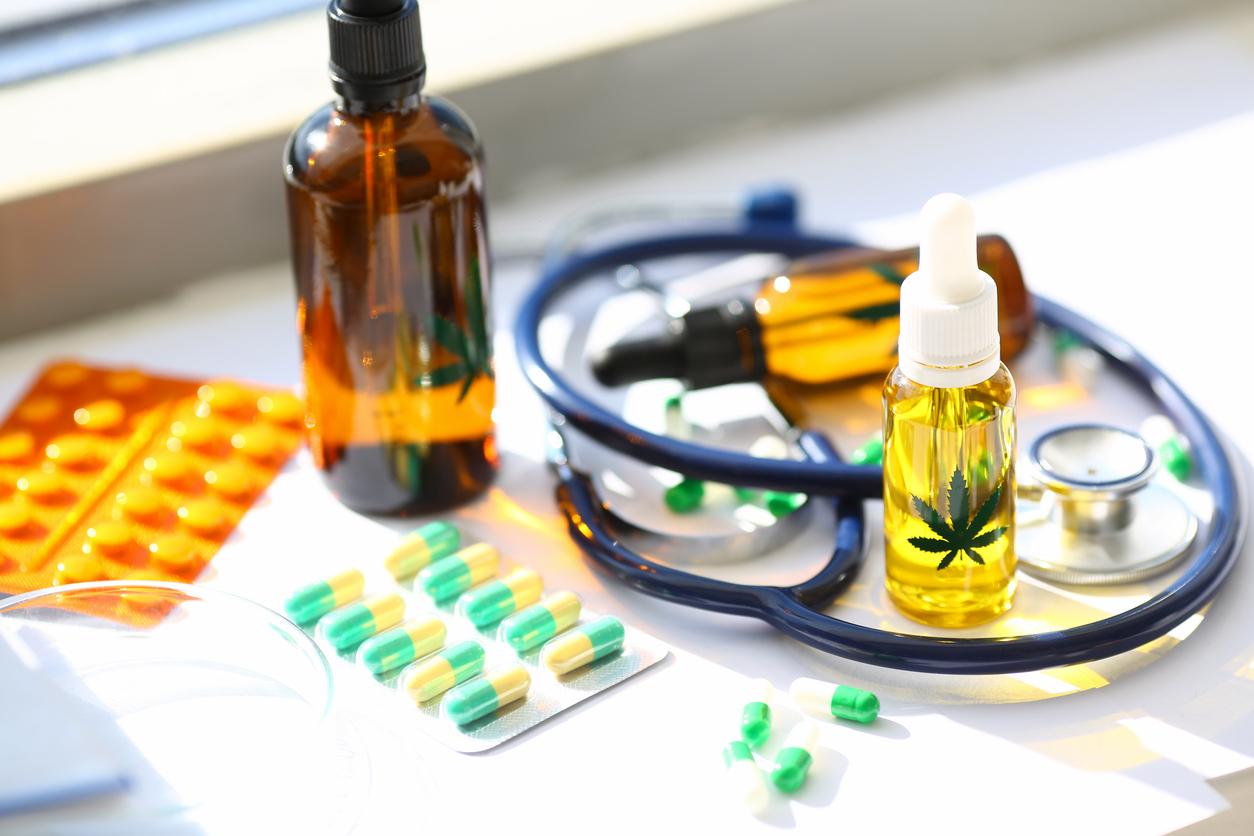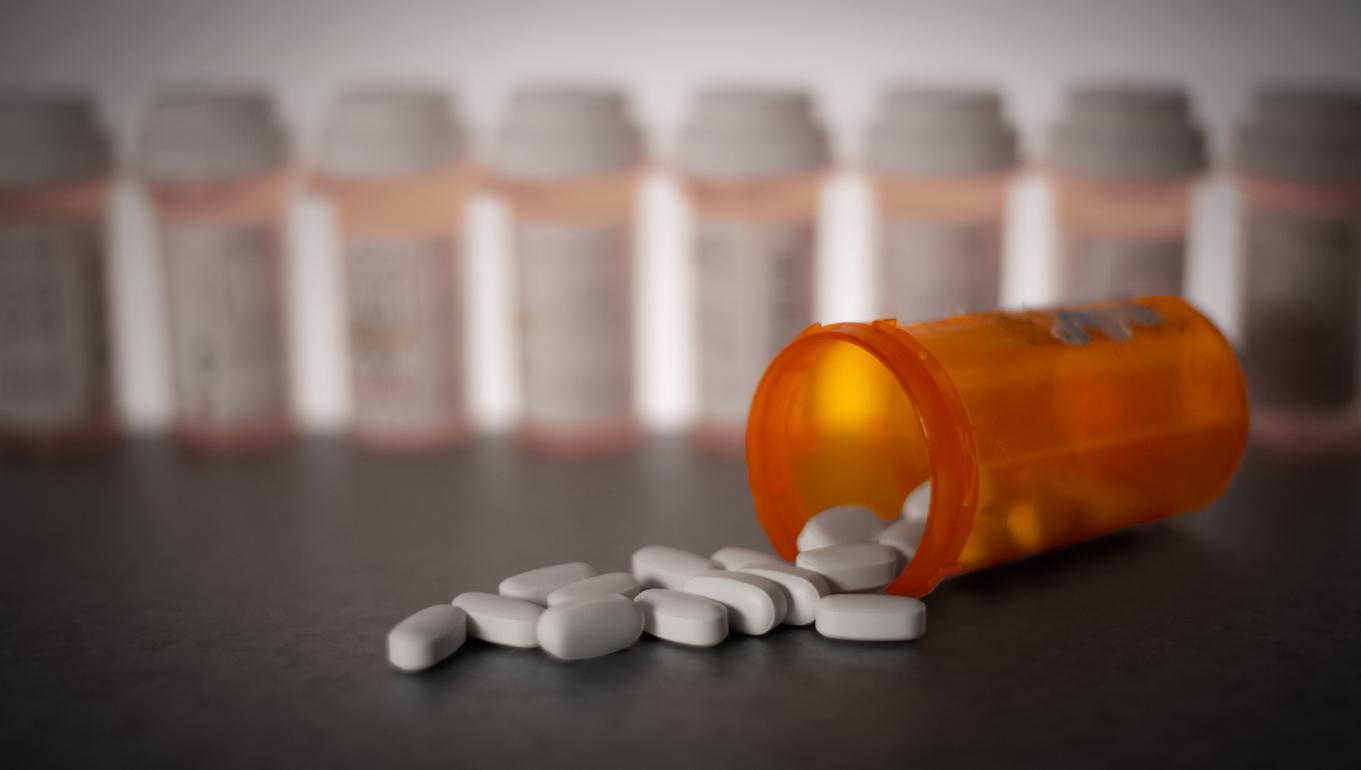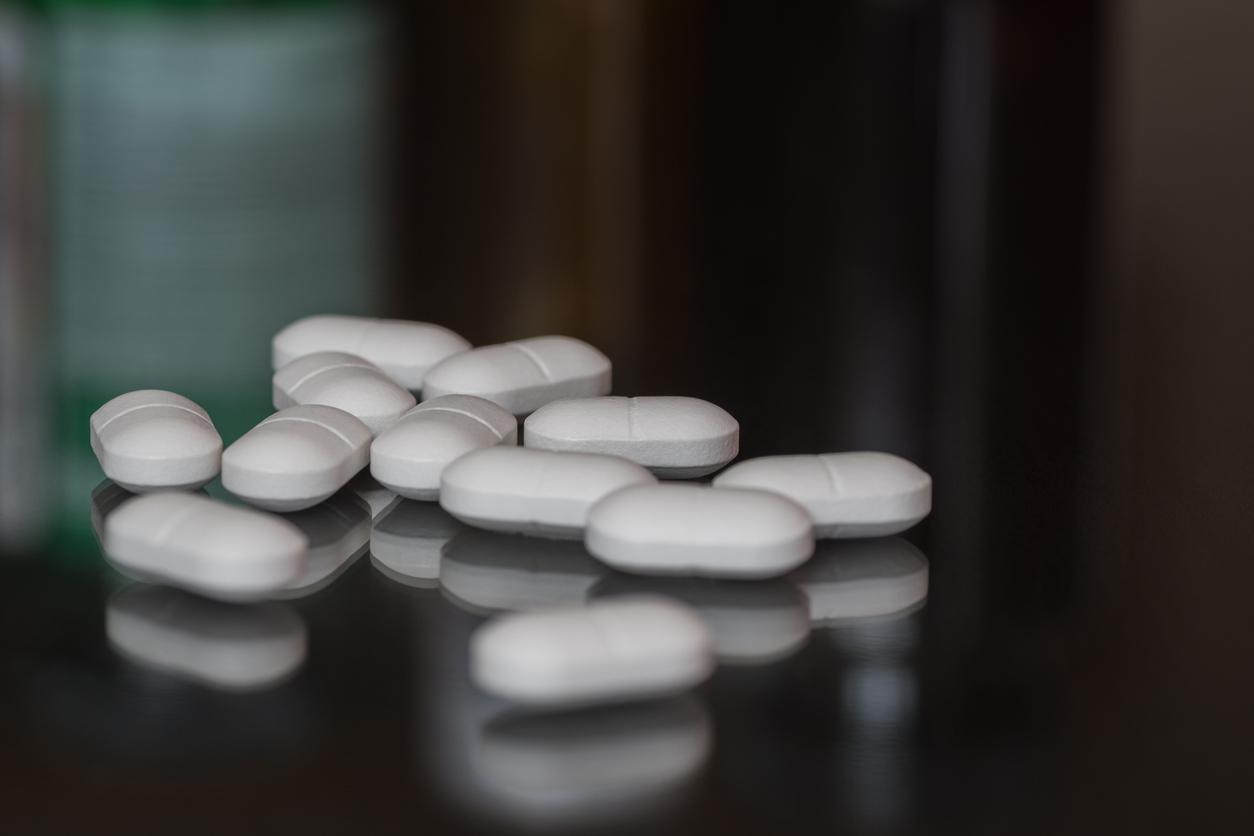According to the France Patients Experts Addictions Association (FPEA) and several experts, kits delivering naloxone to save the lives of patients who overdose on opioids are still too difficult to access in France.

“More than 500 overdose deaths, of which nearly 80% related to opioids recorded in 2017, could have been avoided”. This was essentially the message of the Ministry of Health on the occasion of the international day of awareness and prevention of overdoses which took place on August 31. There is, however, an anditote for accidents of this kind. “People at risk of overdose can already be given free naloxone (a drug known to counter the deadly effects of the drugEd) ready to use when leaving hospital or health units and in dedicated addictology structures”, explains the ministry on its website. But according to the association France Patients Addiction Experts (FPEA) and several experts, these kits are too difficult to access.
Although the situation in France has nothing to do with the opioid crisis affecting the United States (it caused 70,000 deaths in 2017), it is nevertheless increasingly worrying. “Between 2000 and 2015, deaths from drug opioid overdoses (excluding heroin and methadone) increased from 75 to 200 (…) and this is probably an underestimate”, explains Professor Nicolas Authier of the French Observatory of analgesic drugs (Ofma).
At present, two ready-to-use antidote kits to stop the overdose while waiting for help are available in France. Prenoxad, an intramuscular injectable form, has existed since May 2019. Pharmacies can sell it for 23 euros with or without a prescription. But on prescription, it is only reimbursed at 65%. As for the nasal spray Nalscue, marketed since 2018, not only is it not reimbursed due to a lack of agreement with the public authorities, but it is only found in hospitals and reception and care centers. specialized in addictions (CSAPA and CAARUD) mentioned by the government on its website.
Replace the Nalscue spray as soon as possible
This is why France Patient Experts Addictions is calling for greater accessibility of the antidote, its 100% reimbursement on prescription and the sale of accessible sprays in pharmacies as well as free distribution where necessary.
“According to a test carried out with an association of drug users, the antidote was only present in one out of forty pharmacies and two-thirds of pharmacies did not know this product”, deplores Pr Michel Reynaud, president of the Addiction Action Fund. In addition, pharmacists must order the injectable product directly from the laboratory, the latter not being referenced by wholesalers, he warns.
Albert Caporossi, patient-expert and vice-president of the FPEA, would like to equip the emergency services, such as the police, the fire brigade and the gendarmerie, with the spray. He would also like “an agreement to be reached quickly on the price of three new sprays” to replace Nalscue, the cessation of marketing of which has also been announced in 2020.
Achieving a balance
But facilitating access to the antidote will not solve the problem of opioid addiction. “It is not enough to make a plan to fight against overdoses, it takes mobilization and training of professionals (doctors, pharmacists, etc.) but also of consumers, including those who take opioids for back pain. and other chronic pain and their relatives so that the 80% of deaths recognized as avoidable by the ministry are avoided”, comments Professor Michel Reynaud.
Indeed, since the 1990s, the prescriptions of opioid analgesics (tramadol, codeine, etc.) have exploded to concern 10 million people in 2015. In 2017, they represented 22% of all painkillers consumed to treat pain. cancerous pain, of course, but also to relieve the chronic pain suffered by 10 to 12 million French people. As for strong opioids (oxycodone, morphine, fentanyl), their prescription has increased by 150% in ten years. Thus, to manage pain appropriately without creating the risk of addiction, it would be necessary above all to strike a balance between the right dosage and the accessibility of opiate-based drugs.
If antidotes against overdoses already exist, American researchers have recently gone further by developing a device capable of detecting them and automatically deliver the naloxone giving the emergency services time to take the victim to the hospital. Because when they overdose, drug addicts are often alone and unable to react. This tool is currently only at the experimental stage but in the long term it could well save the lives of hundreds of thousands of people. Provided of course to be readily available.

.









